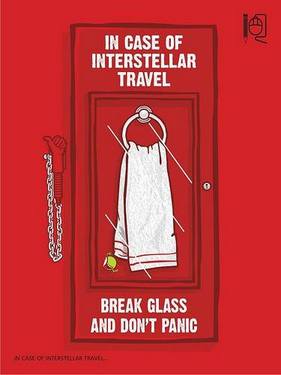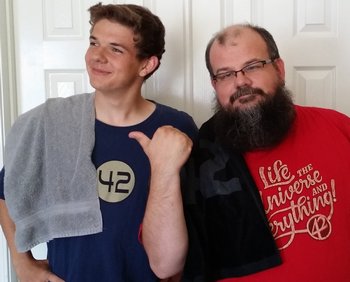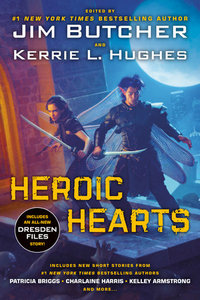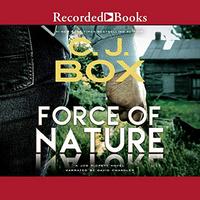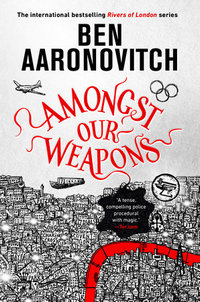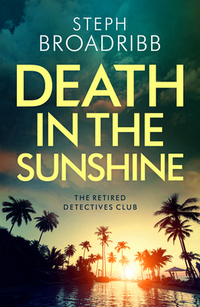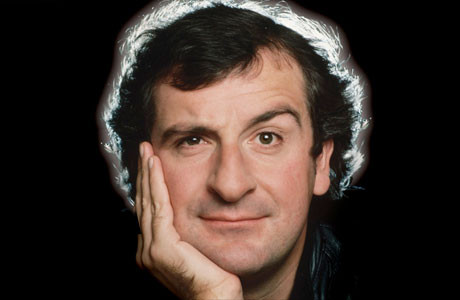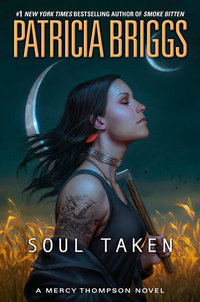 Soul Taken
Soul Taken
DETAILS: Series: Mercy Thompson, #13 Publisher: Ace Publication Date: August 22, 2022 Format: Hardcover Length: 388 pg. Read Date: August 29-30, 2022

“The thing that we thought might end up with Adam dead looks like it will work out okay,” I told her dryly as her feet hit the ground again. “We have another situation to replace it that might end up with Adam dead. Or me dead. Or maybe the whole pack. But at least we solved one deadly situation before we picked up another one.”
“Business as usual,” said Tad.
What’s Soul Taken About?
Wulfe continues to act strangely—for him, that is—as he was last time. Then he goes missing. And Marsilia tasks Mercy with finding him, or she and the Pack will face the consequences (not life and death consequences, either—something worse).
But it’s not just Wulfe who’s missing—there are others, too. The paths seem to lead to a Fae artifact believed to have been destroyed and a local Urban Legend/subject of a new Horror movie.
Sure, this isn’t as strange as the miniature zombie goats, but it’s close. And slightly less cute.
Sherwood Post
“I’ll call Samuel and bug him.”
“Why not ask Sherwood?” Adam said.
“Did he sound like someone who was going to spill the beans to you?” I queried. “He talks more, but he doesn’t say more. He hasn’t changed that much.” I found that reassuring.
After a lot of speculation, we finally get to know Sherwood Post’s actual identity. And, um. Wow. As she clearly intended, the answer Briggs gave us only leads to more questions.
Several more questions.
For example: was this identity her plan when she first introduced the character? (likely, but I can see a scenario where it wasn’t) Given how this changes what we know about the world, when did she decide to shake things up to this extent? Lastly, when do we start seeing the ripple effects from this revelation? Okay, maybe one more: how many other things has she been lying to us about? (okay, that last one is a joke. Pretty much)
Unintended Consequences
Mercy (and therefore, we) are aware of a decent segment of the supernatural/paranatural population of the Tri-Cities area (although I think I remember her being surprised by some early on in the series)—she knows all the werewolves, many of the Fae, the goblins, vampires, etc.
But we learn along the way in this book that because of Mercy’s declaration a few books back that the area is under the Pack’s protection many “lower powered” supernatural beings have moved into the area for that protection. Mercy and the Pack were unaware of this until they met some in the midst of their investigation. Briggs didn’t spend much time on the idea, but it laid the groundwork for potentially several future storylines.
Even aside from that, I thought it was a great idea—and really seems likely to have happened given Mercy’s action.
So, what did I think about Soul Taken?
I’m never going to complain about getting to spend time with Mercy and the crowd. But I felt let down with this novel. The premise was promising, maybe even more than that; I thought the threats brought by Marsilia and how that played out were intriguing; I was glad to see who the Big Bad behind it all was; and the future ramifications for the seethe are promising. But the stuff in between the premise and the defeat of the Big Bad? Eh. Even the big fight scene wasn’t that good—nor am I that invested in the means by which they were defeated (dancing around a spoiler there).
Really the things that interested me the most about the book were the ongoing arcs and development—the stuff about Sherwood, the lesser powers, some internal Pack matters, and Zee (there was a lot of great material with Zee here). When the subplots and the things the novel isn’t about are what grab me, there’s a problem with the book. The solution was too rushed, it was all too easy, really. If Briggs had taken another hundred pages or so to really dig into the premise and the hunt for the Big Bad, maybe that would’ve worked (but that’d make the book super-sized by her standards).
I just wanted more, I guess. It was fun enough to justify the time and I’ll be back for more—but I expect more from Briggs. I do think long-time fans will enjoy Soul Taken—and despite what it might sound like, I did—but it will leave you wanting.

This post contains an affiliate link. If you purchase from it, I will get a small commission at no additional cost to you. As always, the opinions expressed are my own.
![]()



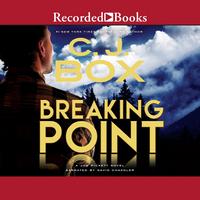

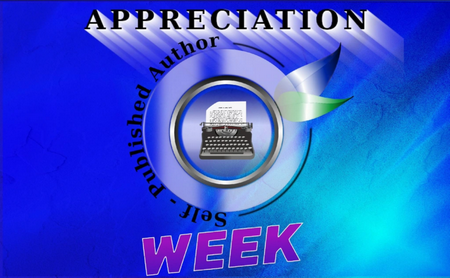
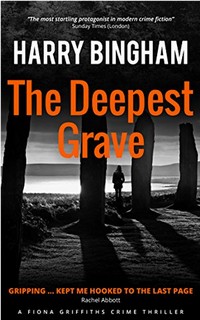

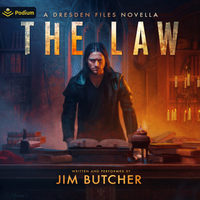
 I loved seeing Harry’s reactions to these responses.
I loved seeing Harry’s reactions to these responses.
